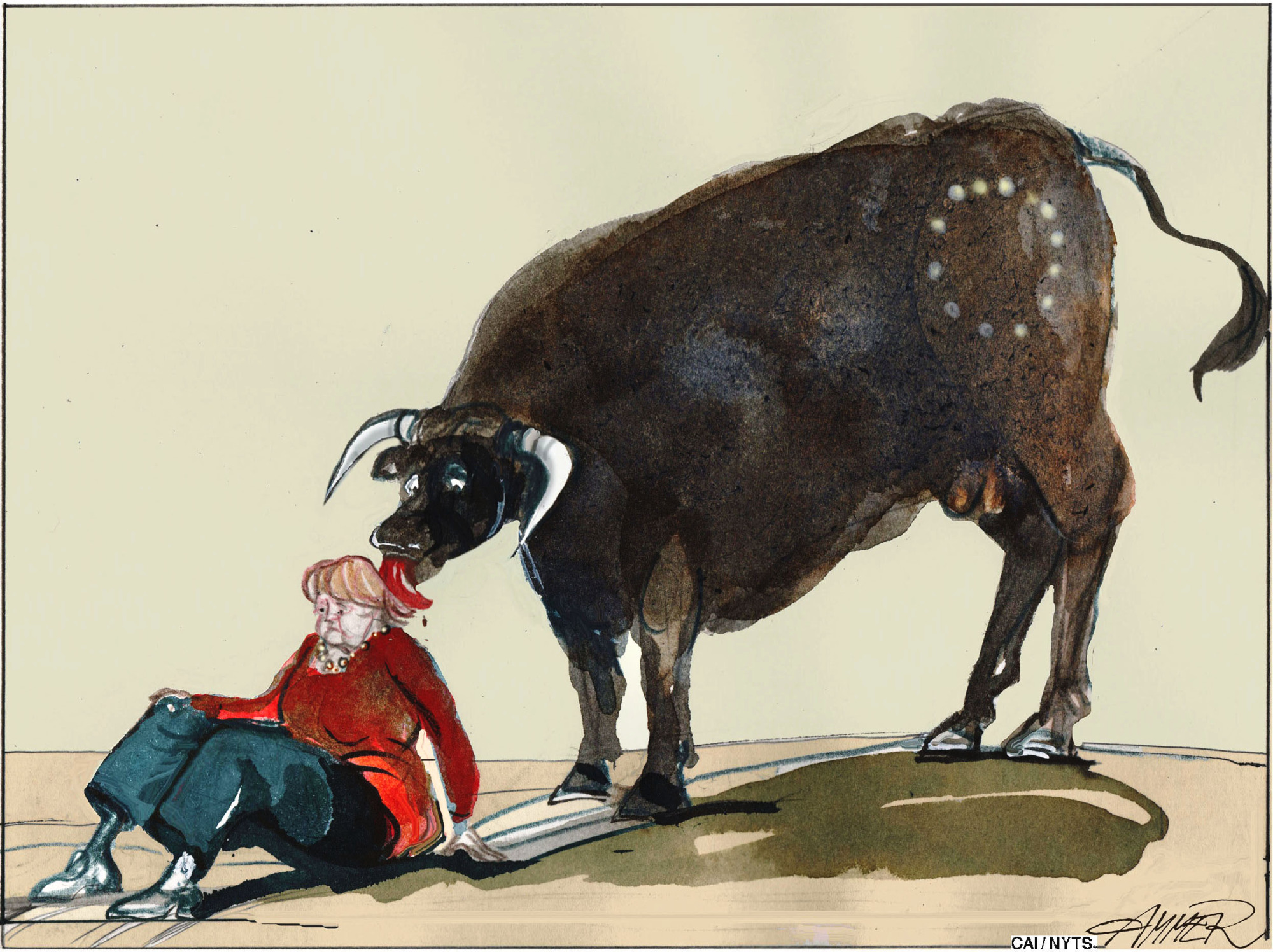Deep divisions within Europe are increasingly threatening the values upon which the European project of "ever closer union" is based. In 2015, during the refugee crisis, many commentators saw a divide between German Chancellor Angela Merkel's Willkommenskultur (welcoming culture) and Hungarian Prime Minister Victor Orban's vision of ethnic purity: a Western Europe of bridges versus an Eastern Europe of walls.
But another threat to European unity comes from within individual countries. In Germany, talks to form a center-left, center-right coalition have broken down. In the Netherlands, it took Prime Minister Mark Rutte 208 days to form a new government after elections in March. In the United Kingdom, the political establishment is in disarray over Brexit. And in Poland, white nationalists and neo-Nazis recently staged a massive march through the streets of Warsaw.
Which gulfs are wider — those between member states or those within them? The answer to that question matters a great deal. If Europe's biggest problem is that it is divided along national borders, then liberal-leaning countries like France and Germany could try to change the balance of power within increasingly illiberal countries.



















With your current subscription plan you can comment on stories. However, before writing your first comment, please create a display name in the Profile section of your subscriber account page.